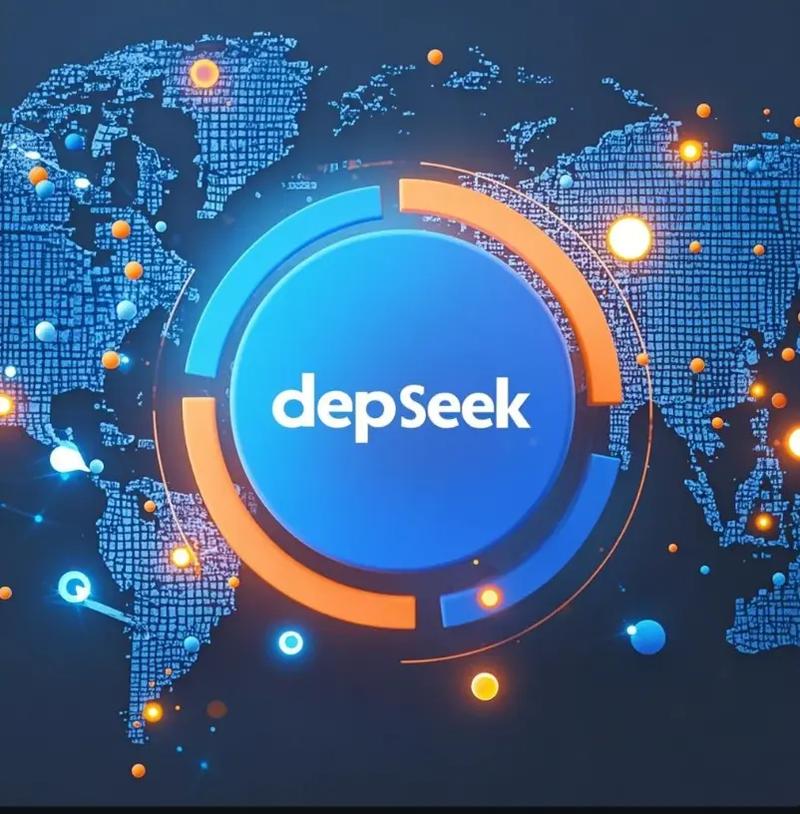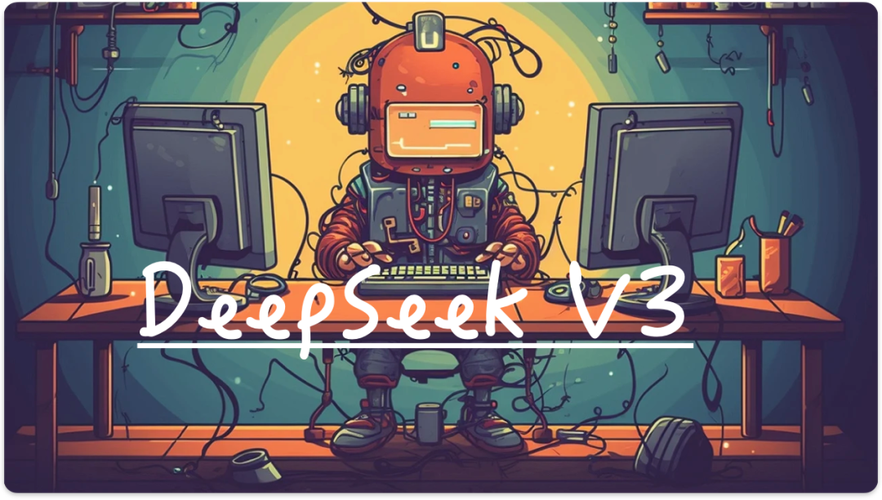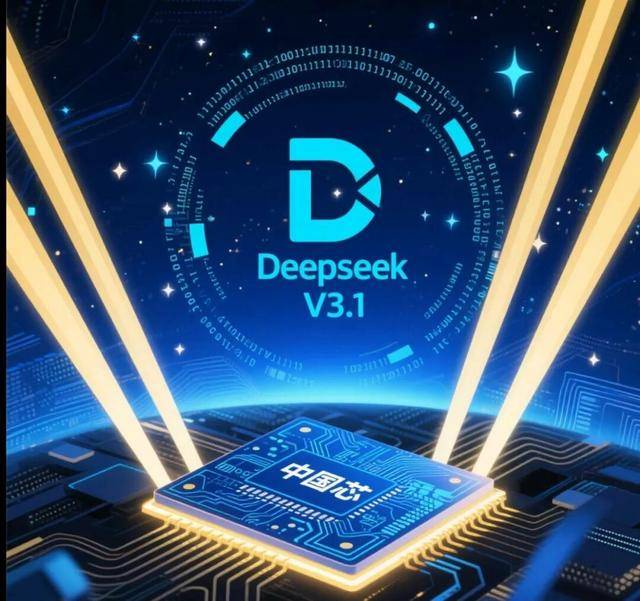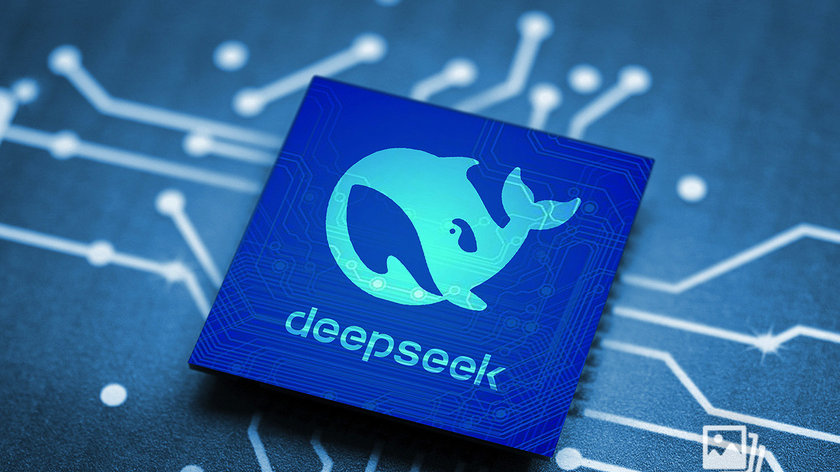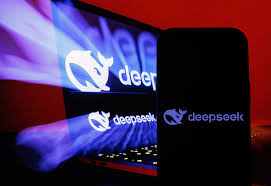📚 DeepSeek Memory Support
Enhancing Conversational Continuity and Personalization in 2025
📘 1. Introduction
In 2025, advanced AI systems demand more than just static responses—they need memory. Memory enables models to maintain multi-turn conversational context, personalized preferences, and persistent knowledge across interactions. DeepSeek, with its powerful reasoning and multilingual capabilities, is paving the way toward memory-augmented AI. This article explores:
Current memory features in DeepSeek
Why memory is essential
Internal caching vs long-term memory
Persistent memory support (feature requests and APIs)
How to implement memory via LangChain or custom wrappers
Use cases, challenges, and best practices
Roadmap & final thoughts
2. Why Memory Matters in AI
Memory transforms LLMs from one-off responders to context-aware agents. Key benefits include:
Conversation Continuity
Users can build on previous queries: “Continue from last time…”
Personalization
Remember user preferences: tone, writing style, or domain
Efficiency
Avoid repeated context: less input needed per request
Complex reasoning
Long, multi-step workflows across sessions
Without memory, users must redundantly include past details every time, breaking flow and reducing productivity.
3. DeepSeek’s Built-In Context Caching
DeepSeek already offers disk-based context caching, a form of short-term memory for overlapping messages api-docs.deepseek.com+11YouTube+11Hugging Face+11api-docs.deepseek.com+2GitHub+2DataCamp+2Reddit+3ApX Machine Learning+3rnfinity.com+3api-docs.deepseek.com.
How it works:
Each new prompt is checked against recent context
Matching shared prefixes are fetched from local cache
This reduces token usage and billing
Example:
pgsql System: “Process financial data X…”User: “Summarize profitability…”User: “Now analyze risks…”
The shared system + data prefix is cached, so only “Now analyze risks…” triggers new context retrieval.
Benefits:
Faster for repetitive or iterative prompts
Reduced token cost (cache-hit pricing is significantly cheaper)
Transparent to the user—no extra config needed
4. Need for Session and Long-Term Memory
Static cache only helps within the same session, but doesn't remember relevant facts across sessions. That’s why a persistent memory layer is essential.
Key features for such memory:
Session memory: active retention during ongoing conversations
Long-term memory: semantic storage of facts, preferences, past interactions
User preferences: e.g., “I like formal tone”
Task state retention: e.g., “You’re analyzing 2024 earnings summary”
5. DeepSeek’s Memory Feature Request
Developers have proposed adding memory to DeepSeek-R1, highlighting:
“Session-based memory… optional long-term memory… API support… privacy-first design” api-docs.deepseek.com维基百科+2api-docs.deepseek.com+2api-docs.deepseek.com+2ApX Machine Learning+12GitHub+12Reddit+12
This request outlines a robust approach:
Session memory (with summarization to manage tokens)
Opt-in long-term memory (user-controlled stored facts)
API memory controls, e.g.,
enable_memory=True,reset_memory()GDPR compliance, user data control and deletion
This signals DeepSeek's direction toward next-gen memory capabilities.
6. Implementing Memory Today with Tools
Although native memory isn't yet shipped, we can construct memory using:
LangChain Memory Modules
Vector databases + retrieval
Custom session storage (Redis, Disk, SQL)
6.1 Using LangChain Memory
python
from langchain.memories
import ConversationBufferMemoryfrom langchain.llms
import OpenAIfrom langchain.chains
import ConversationChain
memory = ConversationBufferMemory(memory_key="history")
chat = ConversationChain(
llm=OpenAI(...), memory=memory
)
chat.predict("Hello, I'm Alex")
chat.predict("Remind me what I told you")
Replace OpenAI(...) with DeepSeek via base_url="…deepseek.com" GitHubDataCamp+2api-docs.deepseek.com+2Mem0+2, and memory persists across calls.
6.2 Semantic Memory with Vector DB
Store extracted facts as embeddings:
python
from langchain.vectorstores
import Chromafrom langchain.embeddings
import HuggingFaceEmbeddings
docs = [{"text": "User is vegan", "id": "pref_vegan"}]
store = Chroma.from_documents(docs, HuggingFaceEmbeddings())
Retrieve as needed during prompt prep.
6.3 Session Memory via Cache
Pair DeepSeek’s cache with your own disk-based serialization of messages. E.g., pickle conversation history and re-load on startup.
7. 🏗️ Building a DeepSeek Memory Agent
Combine memory + LLM + retrieval:
python from langchain.memory import ConversationBufferMemoryfrom langchain.llms import OpenAIfrom langchain.chains import ConversationalRetrievalChainfrom langchain.vectorstores import Chroma memory = ConversationBufferMemory() db = Chroma.from_documents(...) retriever = db.as_retriever()from langchain.chains import ConversationalRetrievalChain agent = ConversationalRetrievalChain( llm=OpenAI(base_url="…deepseek.com"), retriever=retriever, memory=memory )
User interactions now benefit from retrieval and contextual memory, even across sessions.
8. Use Cases Enabled by Memory
Personal AI Tutor: Remembers student progress & style
Project Assistant: Carries task context over days
Healthcare Coach: Logs patient data and goals
Legal Clerk: Tracks contract history
Finance Advisor: Persists risk tolerance & trade history
Memory enables more intelligent, personalized, continuous AI experiences.
9. Challenges & Best Practices
| Challenge | Solution |
|---|---|
| Memory drift/hallucination | Fact-prompt memory, snippet verification |
| Privacy & compliance | User opt-in, data deletion, anonymization |
| Token bloat | Memory summarization |
| Latency | Use lightweight embedding + mem cache |
| Memory conflicts | Maintain structured memory (e.g., prefs vs facts) |
10. Memory Roadmap for DeepSeek
Likely next features from DeepSeek:
Session tokens preserved via
conversation_idAPI flags like
enable_memory=Trueormemory_profile=Built-in memory summarization
Privacy controls, e.g.,
delete_memory()endpointKey-value memory for structured preferences
Once shipped, memory could be toggled easily:
python response = client.chat.completions.create( model="", messages=msgs, enable_memory=True, memory_session="user_abc")
11. Final Thoughts
DeepSeek's built-in context caching is a powerful step toward intelligent, efficient conversations DataCamp+11api-docs.deepseek.com+11GitHub+11Reddit+6arXiv+6YouTube+6LowEndTalk+1arXiv+1GitHubDataCamp+2arXiv+2Level1Techs Forums+2RedditDataCamp+4Mem0+4arXiv+4. With community demand for long-term memory, users will soon enjoy more coherent, personalized AI.
Until that arrives, developers can still build memory-rich architectures using LangChain, vector stores, and session persistence. Whether you're building a tutor, an advisor, or a productivity assistant, memory is the key differentiator.
DeepSeek’s future with full memory support promises smarter, more human-like AI agents—the next frontier for conversational intelligence in 2025 and beyond.

